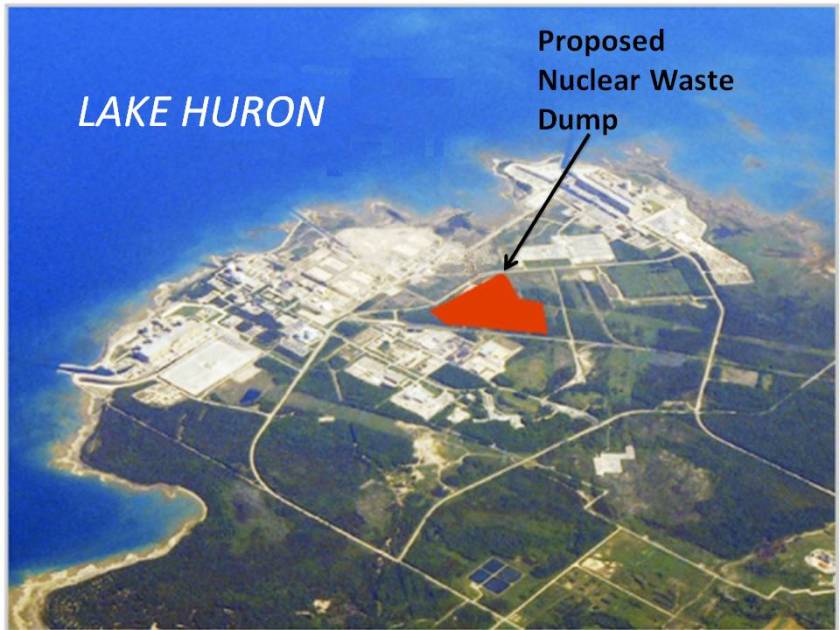(Originally published March 5, 2016 on https://athf3.wordpress.com/)
- Nuclear energy is clean – except for radioactive leaks and radioactive waste.
- Nuclear energy is safe – except for “normal” radioactive releases and the occasional overwhelming catastrophe.
- Nuclear energy is cheap – except for electric power customers who must pay for it.
- Nuclear energy is profitable – except for governments that heavily subsidize it.

